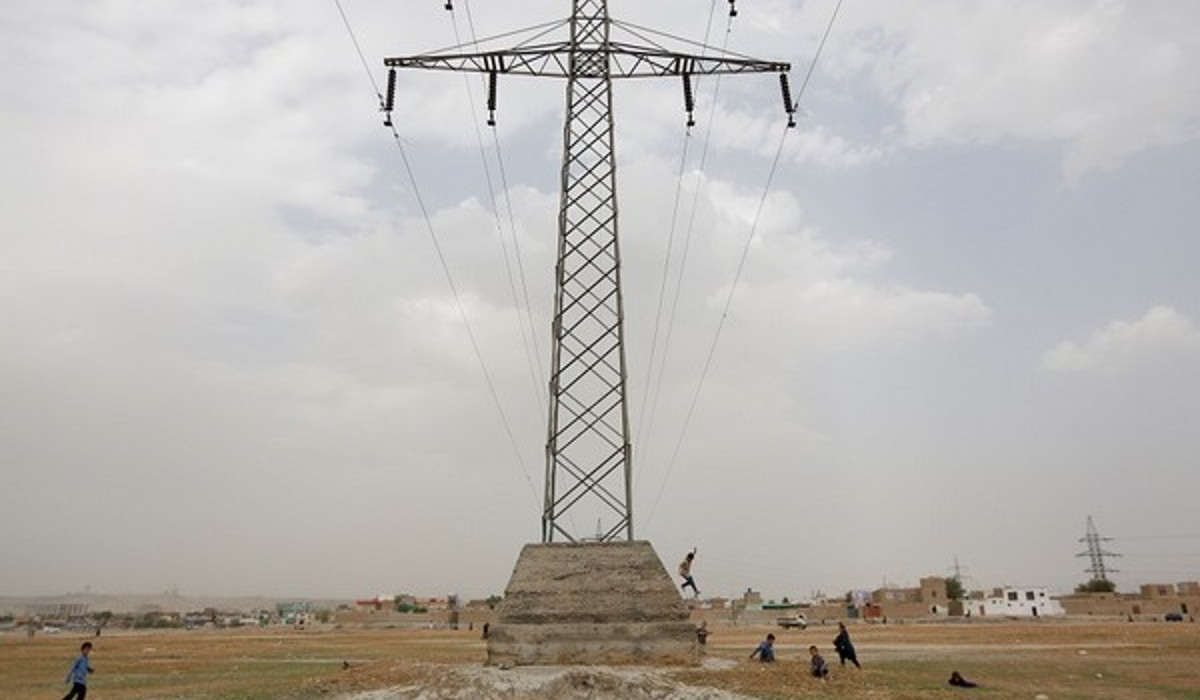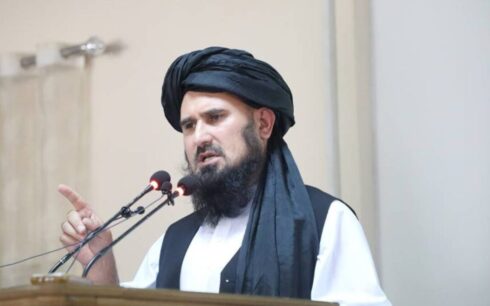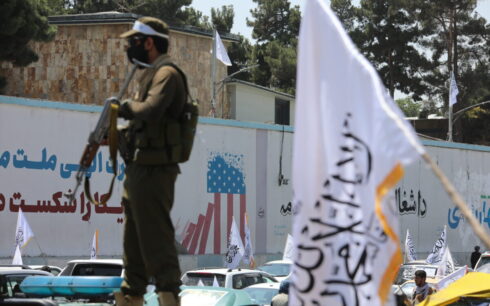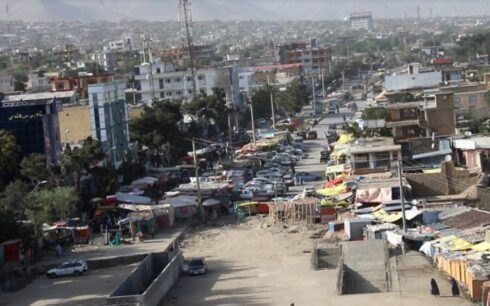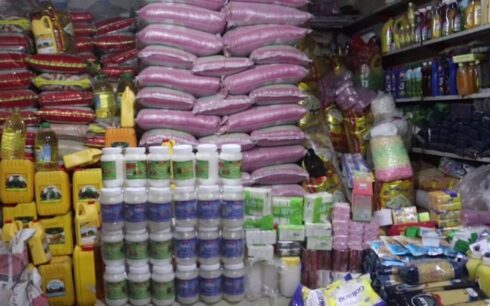Amir Khan Muttaqi, the Taliban’s acting foreign minister, announced Sunday that Uzbekistan has cut supplies of imported electricity to Afghanistan, and called on Tashkent to assist Kabul during these “difficult days”.
Addressing a gathering, Muttaqi urged Uzbekistan to uphold its commitment to exporting electricity to Afghanistan.
Taliban-run Da Afghanistan Breshna Shirkat (DABS), Afghanistan’s electricity supply company, stated that Uzbekistan reduced electricity output to its neighbor “due to technical issues”, but did not provide further details.
Hikmatullah Akhundzada, head of DABS, said: “The problem of electricity is generally a technical issue in Uzbekistan, and Afghanistan is not the only country facing this issue. Some other countries importing electricity, also face a shortage of electricity due to climate change and cold weather. We are trying to solve the problem of imported electricity.”
Amanullah Ghalib, former head of DABS, said that Uzbekistan’s power cut was politically motivated and not technical. He said Tashkent has stopped exporting electricity to Afghanistan due to regional and global pressure.
DABS in debt to Uzbekistan
The former head of DABS said Uzbekistan may not want to export power to Afghanistan due to pressure being put on Tashkent by the United States. He also said Afghanistan still owes Tashkent between $35 and $40 million dollars for unpaid electricity.
Ghalib said that the Taliban, however, refused to pay the outstanding amount. He said this was money owed by the former regime.
“The problem of electricity shortage has several factors; first the Taliban does not pay the electricity debt. A huge amount of money from the republic’s tenure remains unpaid; they (the Taliban) don’t accept shouldering the responsibility. The second one is political issues, and if Breshna wants to solve the problem, it can solve the political problem through the international community, especially the US, which has good relations with Uzbekistan,” Ghalib added.
Ghalib, however, stated that there was $98 million dollars in DABS’ coffers before the Taliban takeover. He added that when the Taliban took control of the company there was only $55 million dollars in cash.
Electricity shortage at factories
Around 80 percent of factories in Kabul have suspended operations due to a shortage of power. The Taliban-run chamber of industries and mines said that the electricity supply to industrial plants in Kabul has been completely switched off.
Sakhi Ahmad Paiman, the spokesman of the chamber, warned that the continuation of power cuts would lead to the closure of all manufacturing plants in Afghanistan.
“The industrial parks have been facing a shortage of electricity for several months. In recent days, unfortunately, our electricity was completely cut off. So we don’t even have electricity for an hour. I hope the power generators that produce 105 megawatts, in an emergency, must be used to prevent 100 percent stagnation of industries,” Paiman said.
The Taliban signed an agreement with Uzbekistan to continue supplying power to Afghanistan on December 22 last year.
A second agreement, also for the provision of power, was signed with Tajikistan in early January. Despite these renewed contracts, Afghanistan’s power shortages have still not been resolved – and this amid freezing temperatures that have gripped the country in the past three weeks.
A number of Kabul residents said they have only electricity for one hour a day. Mohammad Bashir, a resident of Kabul, told Amu TV: “Since the weather has turned cold, we don’t have electricity. We do not know when the electricity connects and when it cuts. Our phones are switched off.”
Sefatullah, another resident of Kabul, said: “We don’t have electricity, but in turn, electricity bills are too high.
Afghanistan purchases electricity from Tajikistan in the summer and from Uzbekistan in the winter, but this winter both countries have cut supplies to Afghanistan.

